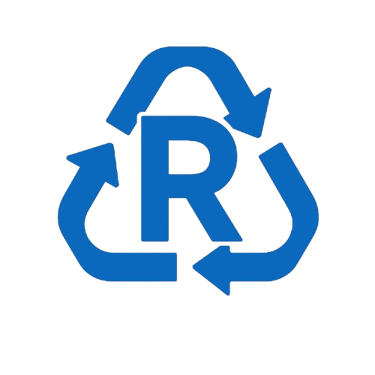
Our Products


Regenerated Pellets
ReMat Group’s regenerated pellets are high-quality secondary raw materials obtained from post-consumer and post-industrial plastics through a certified process of sorting, washing, extrusion, and filtration.
Available in various types and formulations, our pellets can be used in major industrial sectors: packaging, construction, automotive, furniture, logistics, agriculture, and more.
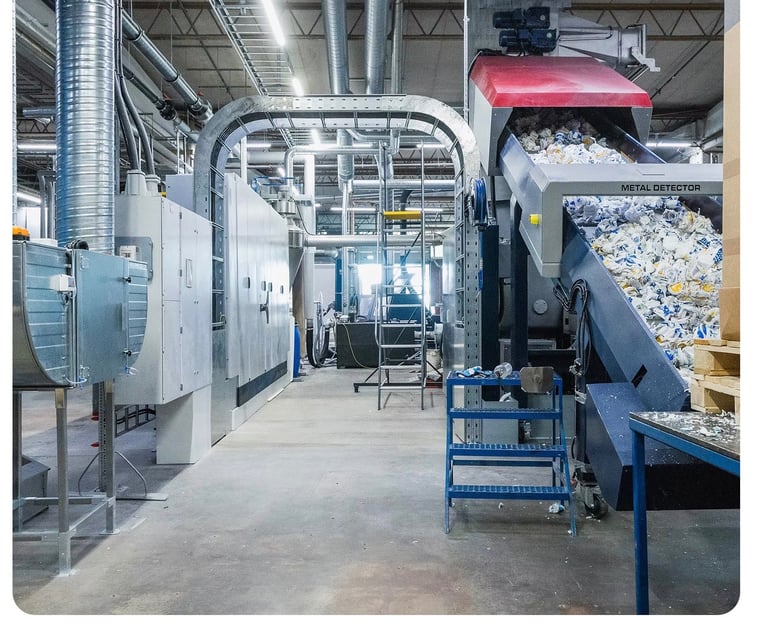

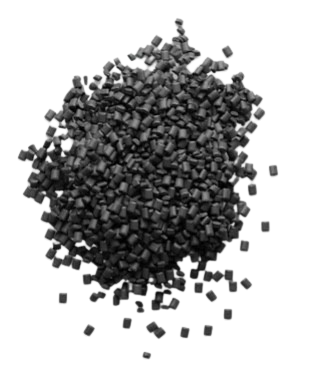

Standard range
PEPRO
Our reliable standard range of high-quality recycled plastics for the most common applications.
Designed to ensure good, ongoing availability of recycled materials.
Always in black.
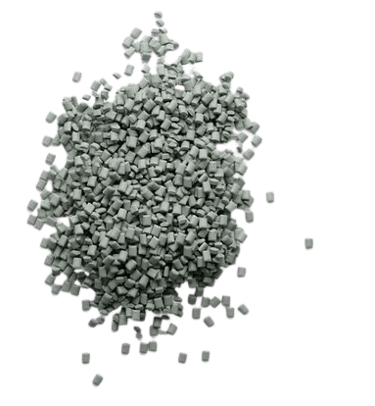

ERZYcom
Customized range
Our range of high-quality recycled plastics specially tailored for production that requires customization.
Provides good material availability and the ability to customize properties and surface textures.
Grayscale from light gray to black; also possible to add color.








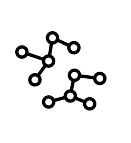



Black, light gray and color
Color is a rapidly growing field. Our ability to color compounds based on recycled raw materials is increasing by the day. Our compounds are available in shades from black to light gray and with growing possibilities of adding a color options.
The right adaptations = extended life
We optimize a product’s properties to suit its intended lifetime by using the right combination of base polymers, additives and reinforcements. We customize compounds to provide a product with for example improved UV protection and heat resistance.
We choose our suppliers of recycled plastic raw material carefully. By using our LCA analysis, as our customer you are able to obtain a certificate showing their material’s unique carbon footprint. The certificate has been approved by a third party.
Traceability
Personal materials support
Personal contact with technical support.
We offer a materials proposal based on the customer’s requirements profile, production process and end product.
We can be on site with the customer when it’s time for implementation and evaluation.



Choosing ReMat Group’s regenerated pellets means making a conscious and responsible choice. Compared to virgin plastic, our materials have a drastically reduced environmental impact: each ton of recycled pellets can save up to 70% in CO₂ emissions, significantly lowering the overall carbon footprint of production processes.
Moreover, the use of secondary raw materials helps preserve fossil resources, reduce energy costs, and actively contribute to ecological transition and corporate sustainability goals.
Our pellets are not just a technical alternative—they are a true environmental and economic lever for all companies seeking to innovate while respecting the planet.
A Sustainable Alternative to Virgin Plastic
Carbon footprint certificate
If you wish, we can deliver our materials with a certificate accurately showing the material’s total CO2 footprint up until it passes through our factory gates. Customers receive traceable materials and figures that are easy to include in their product’s life cycle. The certificate is based on our LCA, which has been approved by a third party.
